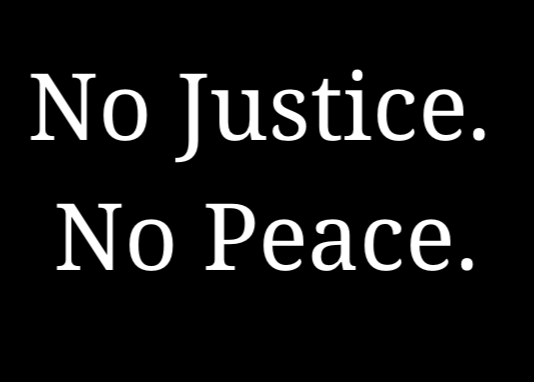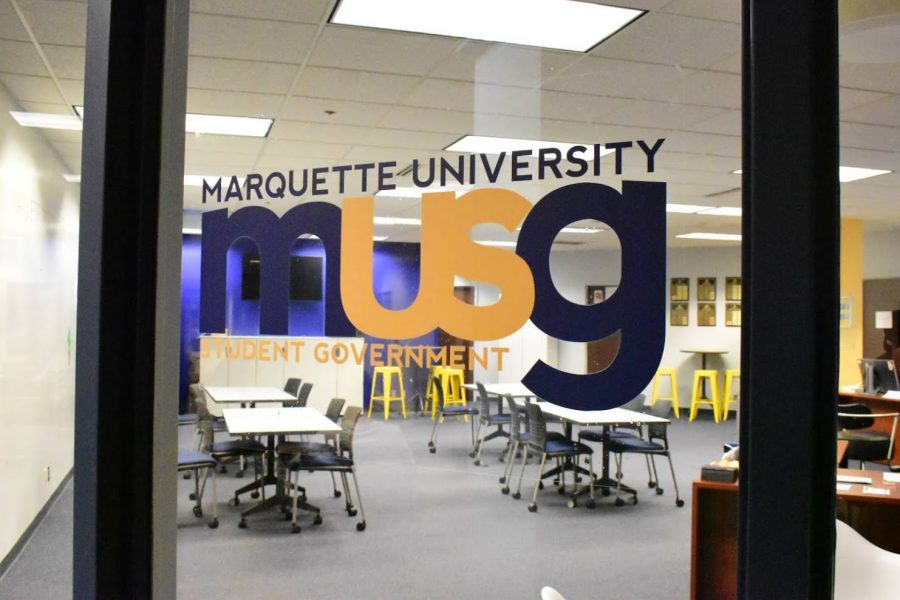$15. $1 per week. $0.17 per issue. $15. That is how much college students pay for a semester-long subscription to the Wall Street Journal. Perhaps you’d prefer $23.50 for the New York Times. Get rid of price tags altogether and you could find yourself on the bridge of Raynor Library with current editions of major newspapers. Print editions aside, the web age of 2013 offers the distinct advantage of finding information online without the price tag. A generation with seemingly infinite sources of information should have no difficulty being informed.
During my two-month internship in DC last summer, I considered myself to be well informed. I read the paper and watched the news. Although I continued these habits in the fall, I got lazy while abroad in Chile this past spring. Despite having perfectly stable internet access in my house, I made little effort to connect myself to global politics. As an international affairs major, it’s almost embarrassing how little I paid attention to the news.
It wasn’t until last week that I realized how dangerous my ignorance could be. While sitting in my international law class, the professor made several comments related to the international community’s reaction to the attacks in Syria. As I racked my brain for everything I knew about Syria, I had to accept it was very little. With my head hanging low, I left class struggling to remember the last time I had thoroughly read a major newspaper.
You need to start at the basics, and that’s exactly what I did. The Rundown, a political blog operated through the Public Broadcasting Service’s NewsHour, offers a “cheat sheet” about the civil war in Syria. In seventeen bullet points, the service provides explanations of the underlying causes of the recent chemical attacks as well as the world’s reaction.
What I immediately noticed was the fact that one of the largest sections, titled “The Syrian Exodus,” focused on the refugee crises facing Syrians. This struck me as odd because nearly every reference I have heard about Syria has focused on President Assad’s supposed use of chemical weapons. According to The Rundown, the surrounding countries—Jordan, Egypt, Iraq, Turkey and Lebanon—have taken in a combined two million Syrian refugees. Had I not taken the time to learn the basics, any news articles I read later would have been out of context. Because The Rundown cites multiple sources, I felt confident in its relative objectivity.
From here, I watched President Obama’s most recent weekly address, two minutes and fifty-seven seconds on why the president sees the use of military force in Syria as a necessity. I then moved to U.S. Ambassador to the United Nations Samantha Power’s remarks on Syria at the Center for American Progress on September 6th. Both of these sources took a nearly identical stance from the same perspective.
For this reason, my next stop was Al Jazeera. My perspective quickly grew as I read that German intelligence had collected information suggesting that perhaps President Assad had not approved the chemical attacks on his people. Surprised that I had not heard this information from American news outlets, I hopped over to the New York Times to round off my perspective. Reading through the “Middle East” topics page, I did not see a single article whose headline suggested information on the German intelligence.
To get a better feeling of where Marquette students stand on their knowledge of Syria, I reached out to a few friends. Sterling Hardaway, a senior in the College of Arts & Sciences studying international affairs, did not hesitate to send me a three-paragraph email in response. Although I take caution when considering other people’s opinions about world events, Hardaway was an exception. He credited his world conflicts and security course last spring, as well as personal reading from Al Jazeera, Foreign Policy Magazine and NPR for his sources of information. Hardaway even included several comments on the refugee crisis, which I immediately recognized as an indication that he knew what he was talking about.
While there are undoubtedly a few students like Hardaway on this campus, he is not in the majority.
Three of the students I talked to immediately replied by saying “honestly nothing” or some variation thereof. Nathan Bowen, a junior in the College of Engineering, went as far as saying, “The government… likely knows more than you or I ever will, so I don’t think there’s any point to reiterate what talking heads say about the conflict and base my opinions on that.” I admire Bowen’s admittance to ignorance; it is a sign of intelligence. However, he brings up a valid point. Even if we did know exponential amounts of information about Syria, should it really matter?
It does. On Wednesday of this week, the United States House of Representatives is scheduled to begin consideration of President Obama’s request for authorization of limited military force in Syria. This decision is one that could affect you as a taxpayer, a member of the voting population and a citizen of the world’s oldest constitutional democracy.
Your Marquette ID grants you access to the library, where you can find endless sources of news. There is no excuse to find yourself without information. Until a few days ago, I used my time out of the country to justify my ignorance.
$15. By the time you’ve read this column, that charge will be on my credit card as my subscription of the Wall Street Journal arrives at my doorstep. Don’t make this the last column you read today. Whether it’s through an online subscription or a stop by the bridge, how will you keep up to date with the world around you?






